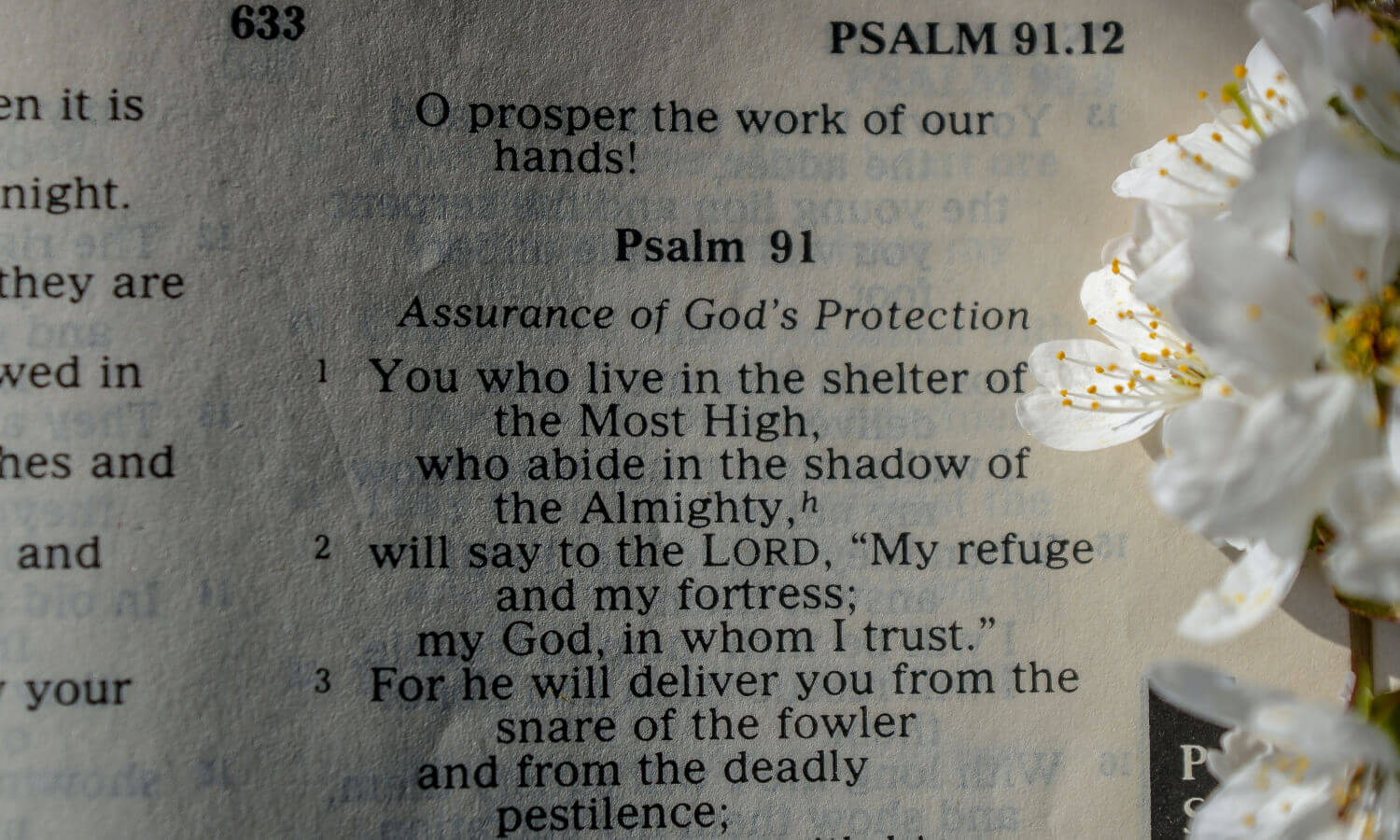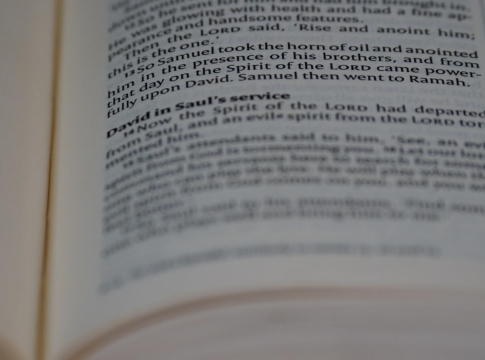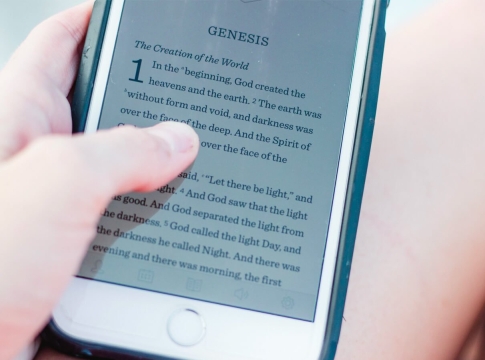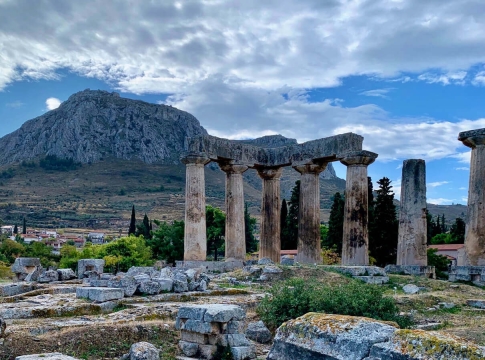
The Bible is a collection of writings written by various authors and in various times, rather than a single work. The substance of every Bible book that is part of the Old Testament and was written before Jesus Christ was born as a human baby is briefly described here. We also have a longer summary article available for some of these Bible books; simply click on the link, if it is provided.
The Pentateuch: five books written by Moses
- Genesis tells the tale of the great flood, the creation of the world, and the beginning of human history. It also includes the biographies of Israel’s ancestors, Abraham, Isaac, and Jacob.
- Exodus describes the liberation of the Israelites from Egyptian slavery and their journey to the promised land of Canaan. They [construct a tabernacle] and receive God’s law during their journey.
- Extensive ceremonial laws are found in Leviticus to facilitate the connection between a holy God and sinful mankind.
- Numbers describes how, just before they were about to enter the land of Canaan, the Israelites disregarded God and wandered in the wilderness for forty years.
- Deuteronomy describes how Moses gives the Israelites a reminder of God’s instructions just before they go into Canaan and then passes away.
Further historical books
- Joshua describes how the Israelites invade and settle in Canaan while being led by Joshua.
- Judges describes Israel’s existence as a people prior to the reign of a monarch. During this time, Israel often disobeyed the Lord, the Lord judged them, the people repented, and God delivered them from enemies and other problems. Nevertheless, they soon returned to their disloyalty. This tendency grew stronger and worse.
- Ruth The lives of Naomi and Ruth are told in this small book. The latter was a foreign widow who immigrated to Israel in search of happiness and went on to become an ancestor of the Israeli royal line.
- 1 and 2 Samuel Describes the time under Samuel’s rule as well as the reigns of Saul and David, the country’s first rulers. Despite Saul’s unsavory appearance, David and Samuel both make an effort to worship God.
- Kings I and II covers the time from Solomon, David’s successor, forward, detailing all of Israel’s subsequent monarchs, the majority of whom disregarded the Lord. God finally punishes the people for their idolatry and unfaithfulness by destroying the land and sending them into exile under the Babylonians.
- Chapters One and Two These books provide a broad picture of the history of Israel, beginning with Adam and concentrating on David’s rule and the construction of the temple. They also document the subsequent monarchs’ betrayal of God, the people’s ultimate banishment, and the destruction of the temple.
- Ezra describes how a small group of Israelites rebuilds the Jerusalem temple after emerging from captivity.
- The same time period is described in Nehemiah, but from the viewpoint of Nehemiah, who encounters a great deal of opposition and difficulties while attempting to restore Jerusalem’s city walls.
- Esther relates the story of how a Jewish girl ascends to the throne of Persia and saves the Jewish people from extinction.
Poetic books
- Job describes how a godly man experiences great adversity and struggles to comprehend God while going through hardship by talking to his friends about his predicament.
- Psalms: A 150-song anthology, mostly composed by David. While many of these songs are meant for public worship, some are extremely personal poems.
- Proverbs: A compendium of sage life lessons compiled by King Solomon.
- A philosophical meditation on the proper manner of life and the purpose of being can be found in Ecclesiastes.
- Song of songs An anthology of love poems that honor unadulterated love between a man and a woman while also implying that God loves his church.
Prophetic books
- Isaiah foretells both the arrival of the Messiah and a future restoration, along with numerous dire warnings about the impending Babylonian captivity.
- Jeremiah This book foretells God’s judgment on Israel’s disobedience and wickedness in a setting reminiscent of Isaiah’s, but it also offers insight into a new covenant that God will establish with Israel and the nations.
- Lamentations A set of dirges composed by Jeremiah bemoaning the fall of Jerusalem and the Babylonians’ demolition of the temple.
- Ezekiel Written with Jews in captivity in mind. includes images of a new temple along with words of consolation and caution.
- Daniel recounts his experiences as a prominent sage in the Babylonian and Persian empires. Daniel’s apocalyptic prophecies for the future of Israel and the globe are also included in this book.
- Hosea contains God’s charges against Israel for their disloyalty, but it also emphasizes that God would uphold His end of the bargain and restore them after punishing them.
- Joel foretells disaster for Judah and the neighboring nations, but he also looks forward to a brighter day when God’s Spirit will be lavished upon all people.
- Amos Prophecy about the establishment of the kingdom of the Messiah and the punishment of the northern kingdom of Israel and other surrounding countries by northern conquerors.
- Obadiah Issued a warning against the Edomite neighbors, who mistreated the Israelites and will now be subject to God’s wrath.
- Jonah A story of a reluctant prophet who, knowing that God will be gracious if the people repent, must preach against Nineveh but does not want to. However, God outperforms Jonah, and Nineveh’s inhabitants are indeed saved.
- Micah proclaims that God will punish Judah and its leaders for their political corruption, social injustice, religious hypocrisy, and idolatry. Micah also offers some rays of optimism regarding God’s just Kingdom and the impending arrival of the Messiah.
- Nahum foretells the destruction of Nineveh, the capital of Assyria, which served as Israel’s main foe.
- The prophet Habakkuk The prophet laments the injustice and bloodshed in Judah to God, but he is taken aback when God responds with the Babylonian forces. Despite his extreme dismay, Habakkuk continues to believe in God.
- [Zephaniah] forewarns that God will punish Israel and the surrounding countries, but He also assures them that justice and peace will return.
- Haggai Exhorts the returned exiles to rebuild God’s temple.
- Zachariah visions of God’s “behind-the-scenes” activities and predictions about the restoration of Israel
- Malachi Call for a complete, not merely surface-level, recommitment to God’s covenant. Furthermore, Malachi proclaims the arrival of the Messiah.
These summaries are rather brief. You could sign up for one of our five Read Scripture courses to learn more about these Bible books. These provide overviews of every book in the Bible. You will receive a certificate upon completion of a course, and the courses are completely free. Please register so that you may give it a try!





